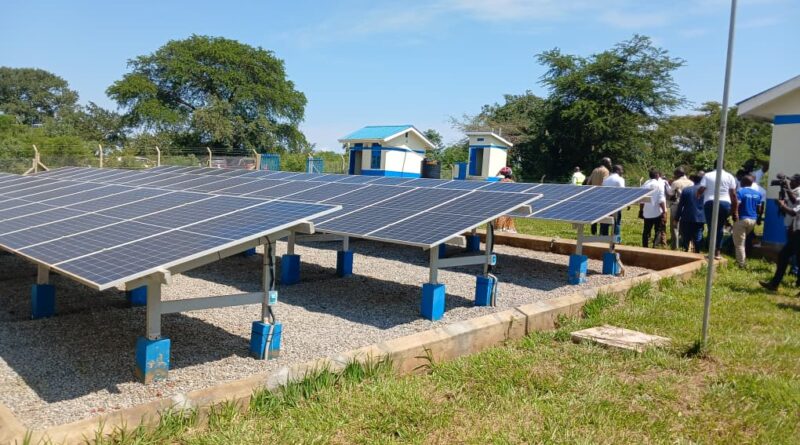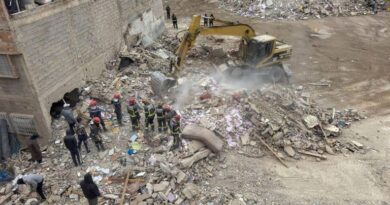Govt Unveils Shs13 Billion Water Projects to Serve 29,000 in Lamwo, Pader
More than 29,000 people in Lamwo and Pader districts are set to benefit from safe and reliable water after the government commissioned three new water supply and sanitation systems worth Shs13 billion.
The projects, co-funded by the Government of Uganda and the Federal Republic of Germany, were executed under the Ministry of Water and Environment’s Water and Sanitation Development Facility–North.
Officials say the new facilities—comprising boreholes, storage tanks, and sanitation infrastructure—will not only address the immediate demand but are also built to withstand future population growth.
Eng. Richard Matua, Assistant Commissioner in the Directorate of Water Development, described the investment as a turning point for communities that have struggled with unsafe water sources for decades.
“These systems have been designed with sustainability measures to ensure long-term functionality, so that communities can continue benefiting for decades,” he said.
For many households, the project spells an end to years of suffering. Flavia Aceng, a mother of four from Lamwo Town Council, expressed relief that her children would no longer be constantly sick.
“We have suffered with typhoid and diarrhea because of dirty water from streams. Now our children can go to school without missing classes due to sickness,” she said.
Local leaders echoed her sentiments, stressing that the project responds to realities often masked by official statistics.
Patrick Olanya, Pader District Water Engineer, noted that although coverage figures stood at 90 percent, many of the listed water points had been dysfunctional for over a decade.
“This project addresses the reality on the ground, not just statistics,” he remarked.
Institutions are also set to benefit. At Lamwo Prison, the new system is expected to ease the burden on inmates, according to Officer-in-Charge Francis Ocaya.
“We used to send prisoners several kilometers to fetch water, and it affected both their welfare and productivity. This new supply is a huge relief,” he said.
Community leaders further highlighted the wider impact, including improved agriculture and reduced pressure on schools and health facilities.
Dr. Wana Etyem of Wana Consultants Ltd., which designed the projects, emphasized that sustainability was built into the system.
“We have put sustainability at the center of this project to guarantee efficiency and long-term service,” he said.
The government says the initiative is part of a broader strategy to expand piped water and sanitation services in rural and post-conflict areas, ensuring clean water is no longer a luxury but a basic right.




